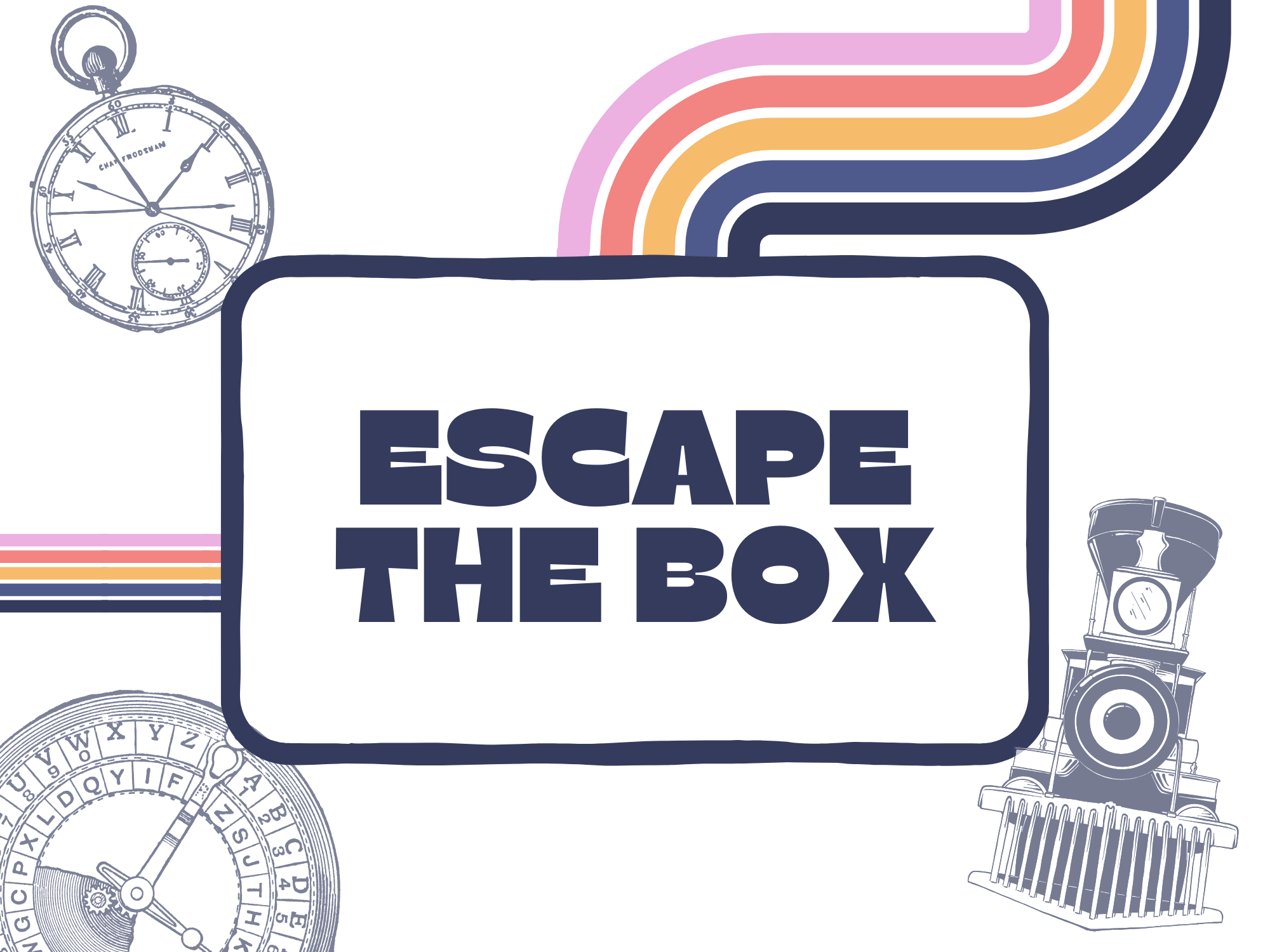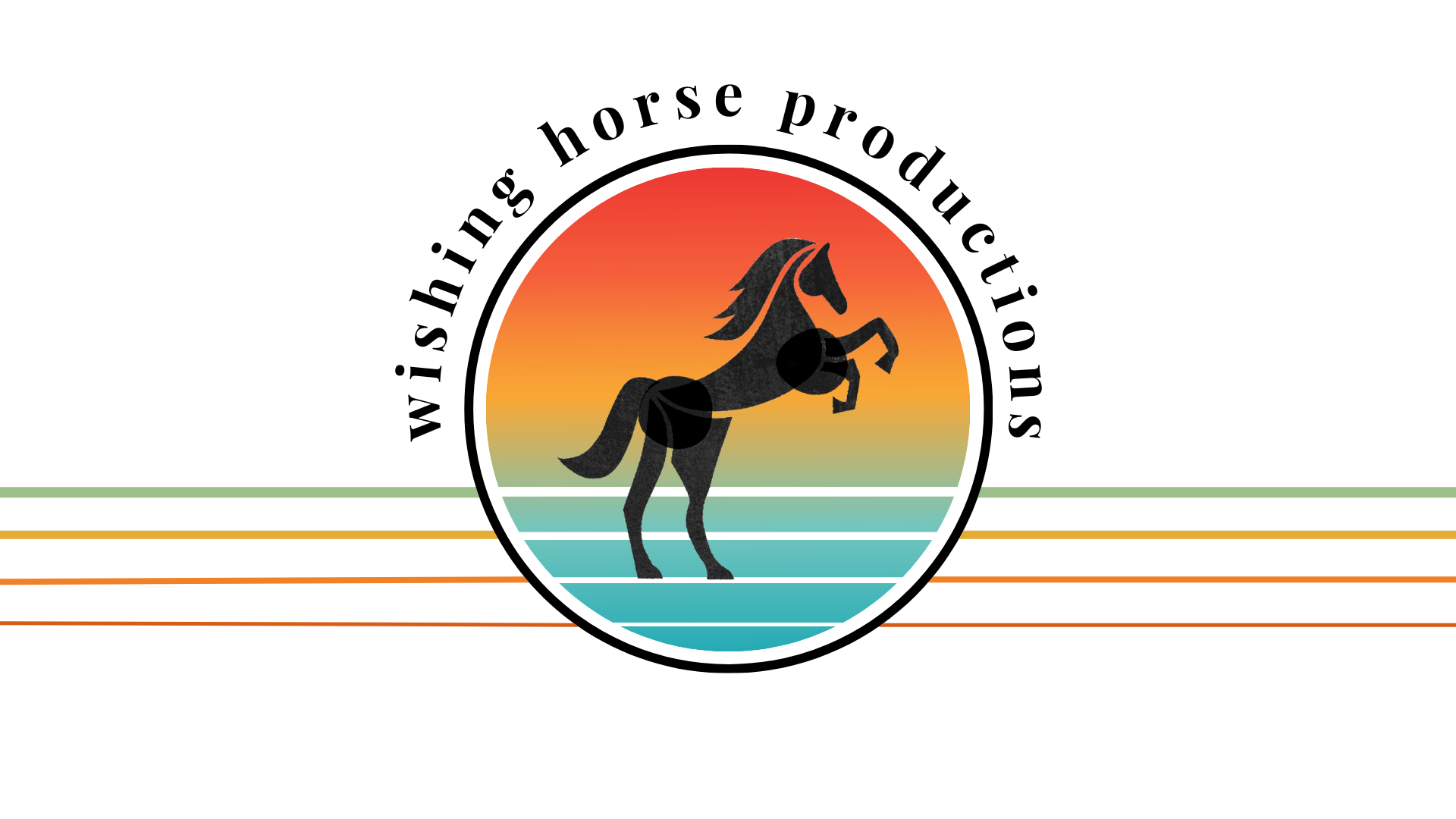Spoiler alert! It has everything to do with generating engagement.

A corporate group in Nashville, Tennessee plays, Escape the Box, a popular team building event.
Your group has decided to gather for an offsite and the plan involves team building activities. While participating in a fun activity may be nothing new to you, you might be wondering, what makes team building so important? While team building can simply be fun, and could also help you get to know your colleagues, it turns out has everything to do with generating engagement.
The reason that leaders are willing to spend significant funds and time to achieve engagement is that companies with engaged employees outperform competitors with less engaged teams by a whopping 202% ,(Power, 2016).
companies with engaged employees outperform competitors with less engaged teams by a whopping 202%
To achieve that level of engagement, and earn that enormous edge on competitors, leaders look to methods that bond team members on a personal level. That’s because when the personal bonds between team members are strong, so is their engagement level. A recent Gallup study found that “close work friendships boost employee satisfaction by 50%. And a coworker with a self-described ‘best friend’ at work is seven times more likely to be fully engaged at work” ,(Mann, 2022)
So it sounds like employees that are closer to each other have boosted satisfaction levels and are more engaged at work, but how does that engagement change behavior at work? It turns out that “when employees possess a deep sense of affiliation with their team members, they are driven to take positive actions that benefit the business — actions they may not otherwise even consider if they did not have strong relationships with their coworkers” ,(Mann, 2022)
when employees possess a deep sense of affiliation with their team members, they are driven to take positive actions that benefit the business
Clearly people who have such bonds at work perform actions that are more likely to benefit the business. But that is not all. People who agreed with the statement “I have a best friend at work” are:
-
- less likely to be actively looking or watching for job opportunities
-
- more connected with their coworkers, knowing what is expected of them and trusting their integrity and ethics
-
- more likely to rate their own, their team’s and their organization’s performance more excellently
-
- more likely to take risks that could lead to innovation
-
- more likely to have a positive experience during the day, such as enjoying what they do, making more progress and getting recognized for successes
-
- less likely to report having a negative experience during the day such as worry, stress and feeling tired
So it is clear that employees who are bonded to one another are happier, less stressed, more productive, more likely to innovate, and more likely to stick around at their jobs. That last part is crucial because team building is actually a central method to attract and retain top talent due to the overall sense of satisfaction that it creates.
team building is actually a central method to attract and retain top talent
With all of this said, team building activities have widely varying levels of effectiveness, so it absolutely matters what type of activity is chosen. If you are in charge of selecting the team building activity for your group, it’s important to choose something that is a little outside of the group’s comfort zone. Also, aim for something that doesn’t feel forced. You might consider creating a poll with several different options, so that you can plan something most people would like to do. If you need help choosing the right type of activity, check out “How to Plan Team Building Properly” or book a meeting with Escape the Box today.
Mann, Annamarie. “Why We Need Best Friends at Work.” Gallup.com, Gallup, 10 June 2022, https://www.gallup.com/workplace/236213/why-need-best-friends-work.aspx.
Power, Rhett. “Science Proves What Dale Carnegie Knew All along about Motivation.” Inc.com, Inc., 20 Sept. 2016, https://www.inc.com/rhett-power/science-proves-what-dale-carnegie-knew-all-along-about-motivation.html.

